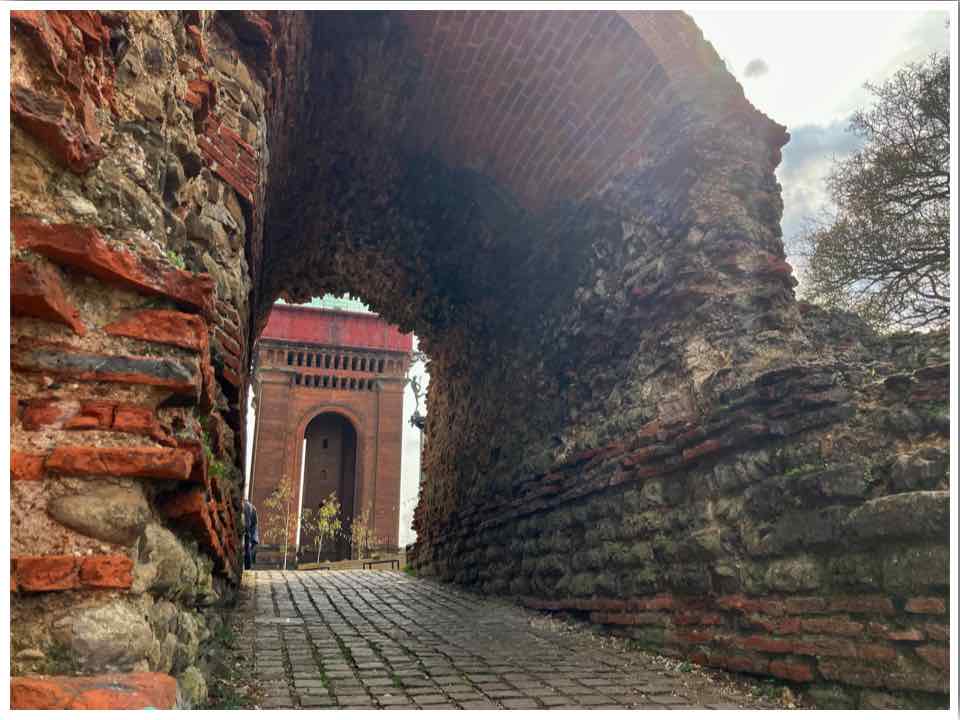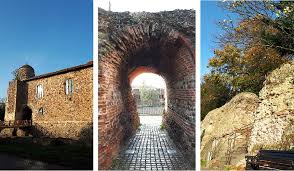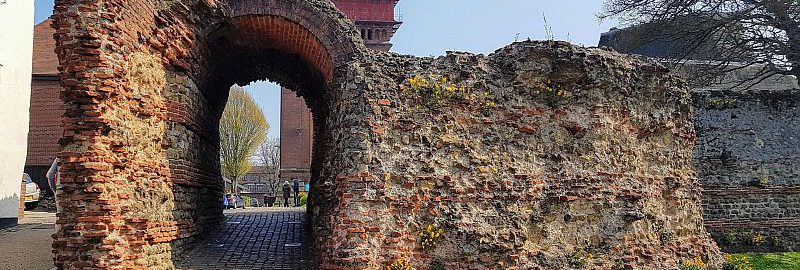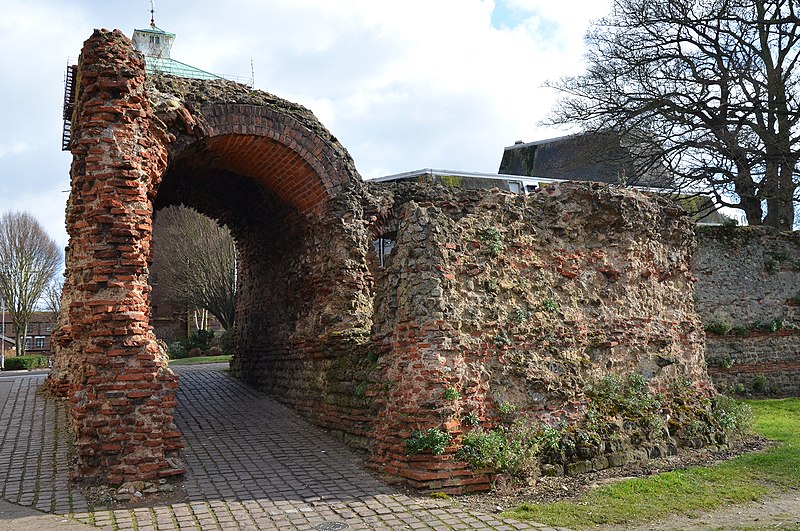Colchester is the oldest town in England and recently became the first City in England (since being granted city status in 2022). This city bears a rich historical imprint and boasts a vibrant past; this historic town was once the ancient capital of Roman Britain. The Balkerne Gate, the oldest and most intact Roman gate in England, stands proudly as a testament to its ancient heritage.

Exploring the Construction History of the Balkerne Gate
The Balkerne Gate ruins in Colchester, located in southeast England, trace their origins back to the first century CE. Remarkably, these ruins stand as the largest and most well-preserved Roman gate to have endured through the ages.

In 49 CE, the Romans erected a gate in the newly founded city of Colchester. However, this city faced significant upheaval in 60 CE when it was utterly devastated by the revolt led by Boudica. Following this rebellion, Colchester was reconstructed and fortified with a stone wall. The gate previously constructed by the Romans became integrated into the city’s western wall, serving as a crucial thoroughfare leading to Londinium (modern-day London). This strategic route underscored the importance of Colchester as a vital hub within the Roman province of Britannia.

Its enduring presence serves as a testament to the ingenuity and craftsmanship of Roman engineering, while also sparking intrigue and curiosity among modern-day visitors eager to explore its historical significance.
The structure of the Balkerne Gate

The gate consisted of two arched passageways, each wide enough to accommodate carriages, positioned side by side. Additionally, there were smaller arched footways on either side of the main entrances. Its distinction as the largest Roman gate in Britain stemmed from its unique design featuring four entrances. Regrettably, much of the gatehouse has succumbed to the passage of time, leaving only the south footway arch intact. Nevertheless, visitors can still traverse through this remaining arch, offering a tangible connection to Colchester’s Roman past
